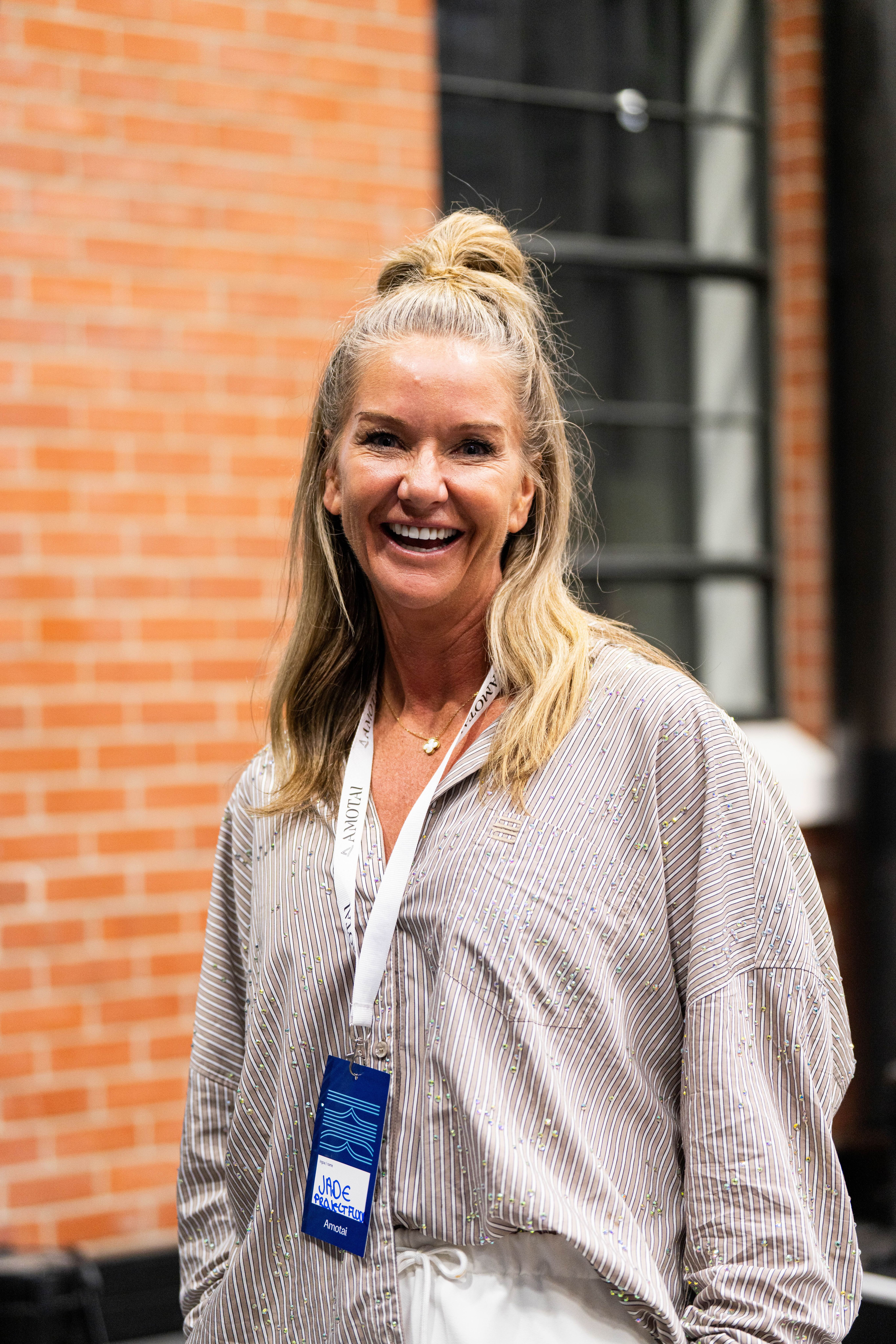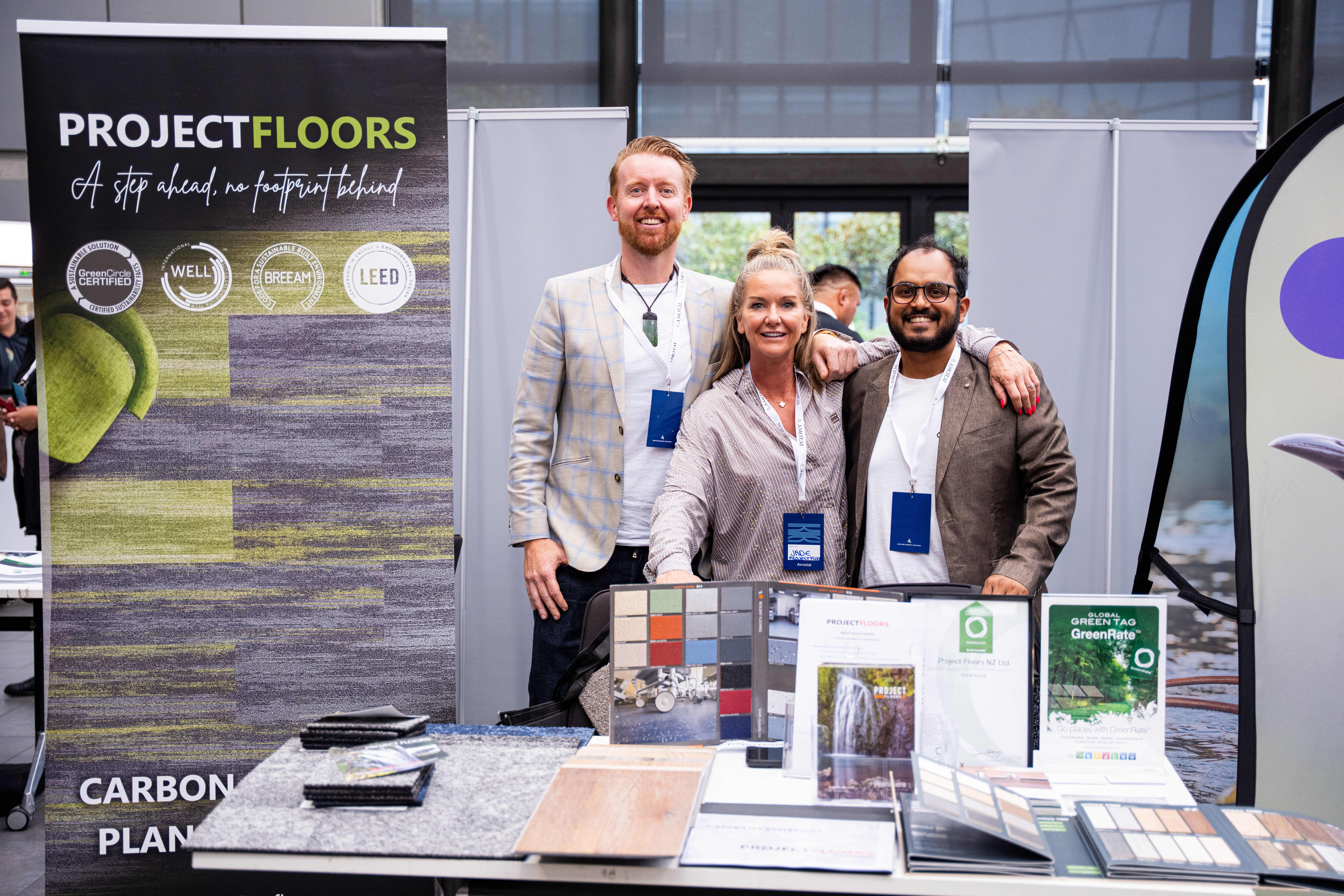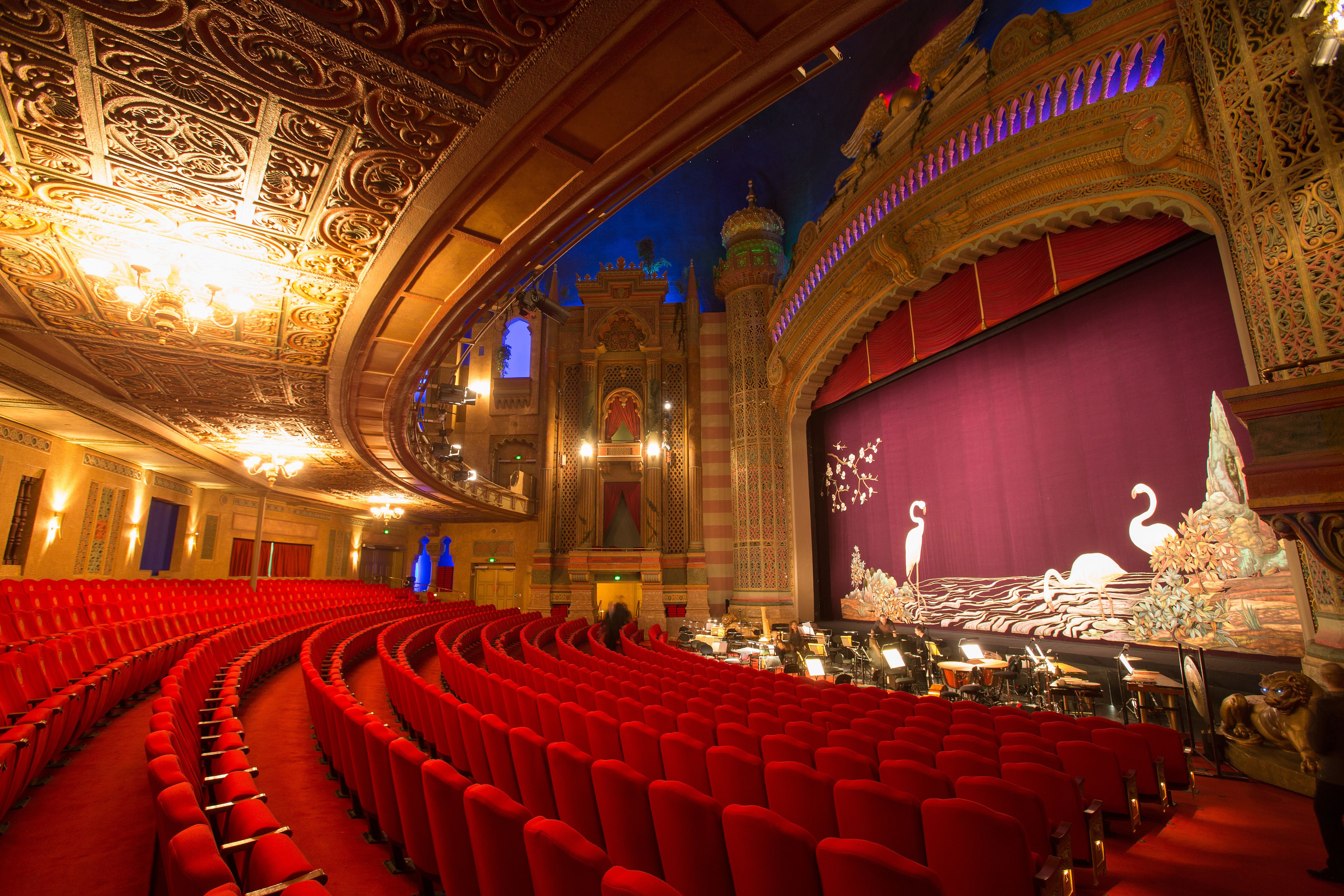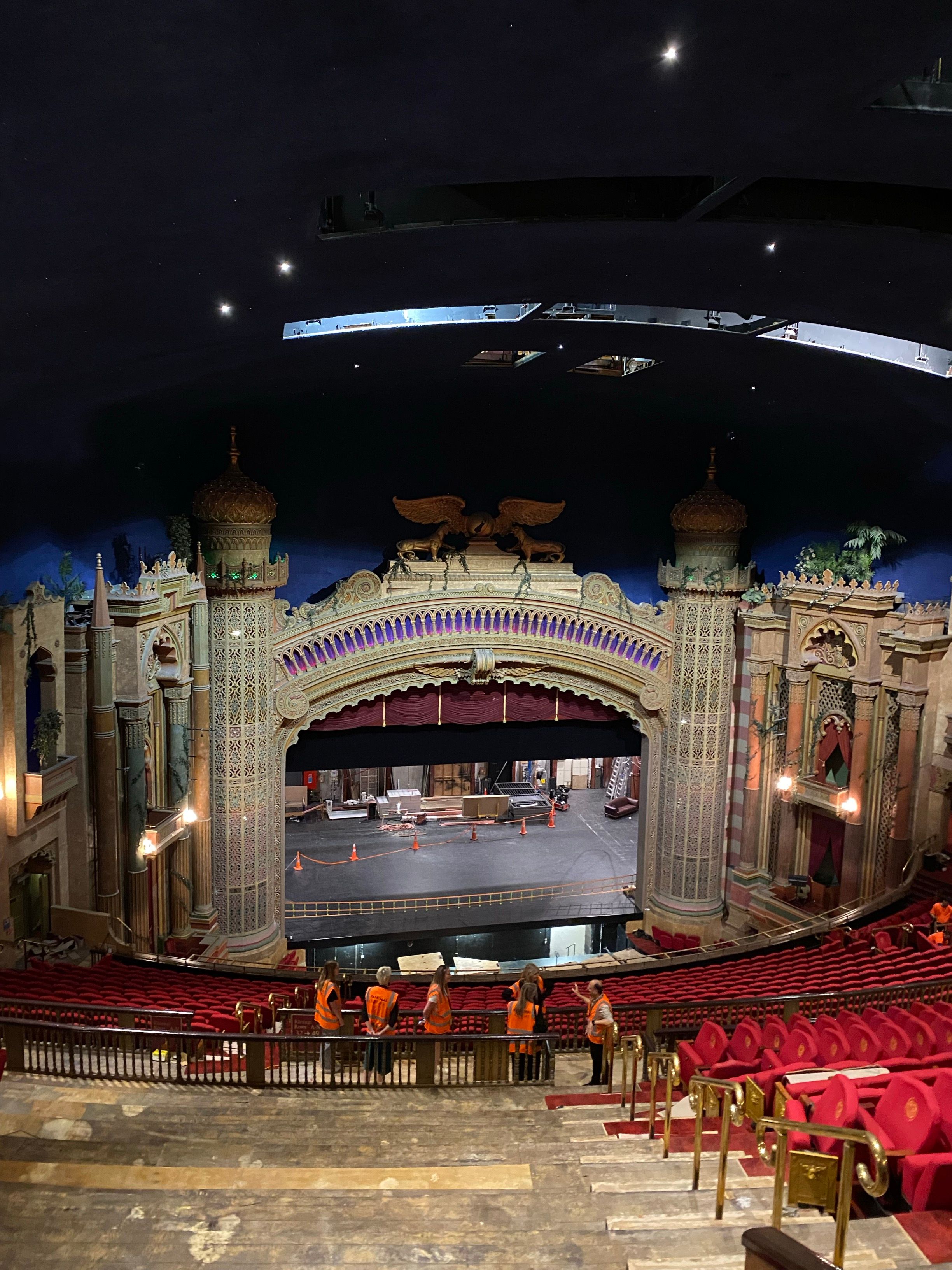Creating sustainable change - one floor at a time
29th Apr 2025, by Diane BerghanWhen Jade Patel started Project Floors, she didn’t set out to just run a business—she set out to change an industry.
What began as a drive to bring sustainable, high-quality flooring to New Zealand has evolved into a company that champions environmental responsibility, challenges industry norms, and leverages supplier diversity to build meaningful partnerships.

The power of innovation and sustainability
Jade’s journey into the flooring industry wasn’t conventional. She saw an opportunity to introduce locally inspired, sustainable flooring solutions—without harming native forests. She designed her own products, pioneering flooring options like rimu-look vinyl without cutting down a single tree. But she didn’t stop there.
“I found a nylon fibremade out of fishing nets—regenerated waste—and thought, let’s bring this back to NZ. Let’s pull the nets out of our seas and manufacture our carpet tiles with it.”
Her commitment to sustainability goes beyond products. Jade is on a mission to make carbon-negative flooring the industry standard, forcing big players to rethink their materials and manufacturing processes.
Amotai: unlocking doors and building relationships
For Jade, joining Amotai in 2022 was a game-changer. The network provided access to buyers that would have otherwise been unreachable, opening doors to meaningful conversations with key decision-makers.
“When you go to a Meet the Buyer event, you’re with people who are excited to speak to you. Before Amotai, I didn’t have a hope of getting in front of them.”

Through Amotai, Project Floors has secured high-profile contracts, including a supply and install carpet contract with Auckland Live, a division of TātakiAuckland Unlimited. The contract was for The Civic—a heritage project requiring precision, resilience, and expert craftsmanship.
The Civic project: a true test of grit
The carpet refurbishment of the stalls and circle areas of The Civic theatre in Auckland’s Queen Street was one of the most challenging—and rewarding—projects of Jade’s career. As one of only seven surviving atmospheric theatres in the world, The Civic first opened in 1929, and Project Floors played a key role in refurbishing the grand theatre to its former glory.
“It was mind-blowing stepping into that space. The Civic has an aura, a mana. It screams culture and performance, and we just wanted to do her justice.”

As a major refurbishment of one of Auckland’s most iconic public buildings, the work demanded meticulous attention to detail and historically sympathetic finishes.
“With approximately 2,364 heritage seats needing to be removed, carpet replaced, and seats reinstalled—every single screw needing to go back into its exact original hole—the project required absolute precision,” says Jade. “On top of that, deadlines were non-negotiable, as international shows were set to begin immediately after completion.”

Photo credit: Liam Newth
Collaboration: strength in supplier diversity
Jade believes in giving back to the Amotai network, not just benefiting from it. She actively seeks out collaborations with other diverse suppliers to strengthen projects.
“It’s not just about taking from Amotai, it’s about giving. I’ve gone through the directory and pulled in different suppliers for tenders and joint ventures,” says Jade.
“It’s this kind of knowledge-sharing and mutual support that makes Amotai more than just a business network—it’s a community.”
A legacy in the making
Looking ahead, Jade’s vision is clear.
“Success for me is forcing the big boys to use sustainable fibres and to stop the waste. That’s my legacy—slowly but surely shaping a better world through flooring. A kid from the Hokianga making a difference.”
Her advice to other diverse suppliers?
“Be diligent. Keep knocking on doors. The opportunities might not come up immediately, but keep reminding them who you are.”